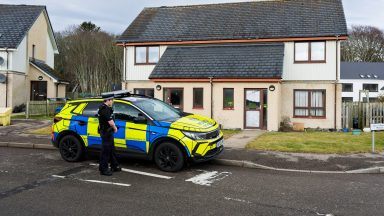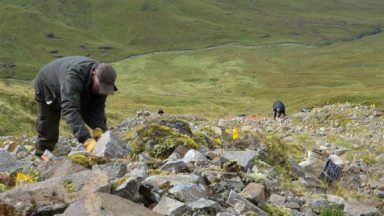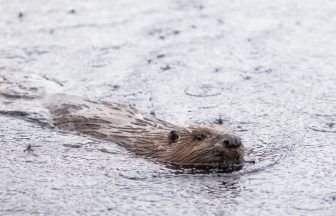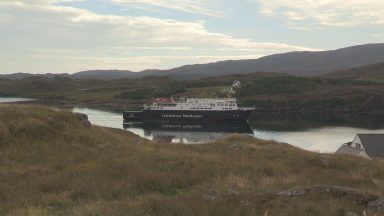An estate in the Cairngorms has been rapped by Scotland’s national heritage watchdog following evidence of wildlife crime against birds.
NatureScot announced on Wednesday that it has restricted the use of general licences on part of the Invercauld Estate.
The public body said the decision was made on the basis of evidence provided by Police Scotland, which included a golden eagle found dead on the estate after being poisoned, along with a rabbit and a hare.
General licences allow landowners or land managers to carry out control of common species of wild birds, such as crows and magpies, to protect crops or livestock, without the need to apply for an individual licence.
Donald Fraser, NatureScot’s head of wildlife management, said: “These poisoning incidents are appalling and an act of animal cruelty.
“The indiscriminate use of poisons is not only lethal to our iconic Scottish wildlife, but can also pose a serious health risk to people and domestic animals that come into contact with it.
“We are committed to using all the tools we have available to tackle wildlife crime. In this case, there is clear evidence of criminal behaviour.
“Because of this, and the risk of more wildlife crimes taking place, we have suspended the use of general licences on this property for three years. They may still apply for individual licences, but these will be closely monitored.
“This measure will help to protect wild birds in the area, while still allowing necessary land management activities to take place, although under tighter supervision. We believe this is a proportionate response to protect wild birds in the area and prevent further wildlife crime.
“We work closely with Police Scotland and will continue to consider information they provide on cases which may warrant restricting general licences.
“The detection of wildlife crime can be difficult, but this is the third time in recent months when we have restricted use of general licences on the basis of evidence of crime taking place.
“New and emerging technologies, along with a commitment from a range of partners to take a collective approach to these issues, will help us stop wildlife crime.”
A spokesperson for Invercauld Estate said: “Invercauld Estate abhors wildlife crime in any form and condemns such activity in the strongest possible terms.
“NatureScot makes clear in its decision notice that the General Licence restriction does not imply responsibility on individuals or the estate itself. No accusation of wildlife crime has been made against the estate or any of its staff. A number of parties other than the estate itself will be affected by the licence restriction.
“The Micras area where the eagle was discovered last year has not been managed for grouse shooting since autumn 2020 and farming and woodland management are the current priorities there.
“We are conservationists and the estate takes its care of wildlife and nature as inherent in the wide range of activities we undertake and facilitate. A survey in 2020 identified 1,117 pairs of breeding pairs of red and amber listed birds, the most endangered, across 37 different species – and including 33 pairs of raptors – on Invercauld land.
“The estate encompasses a wide area and the restriction notice applies to a corner amounting to less than 18% of the estate.
“We are actively considering whether to appeal NatureScot’s decision for the benefit of all parties who will be impacted.”
Follow STV News on WhatsApp
Scan the QR code on your mobile device for all the latest news from around the country


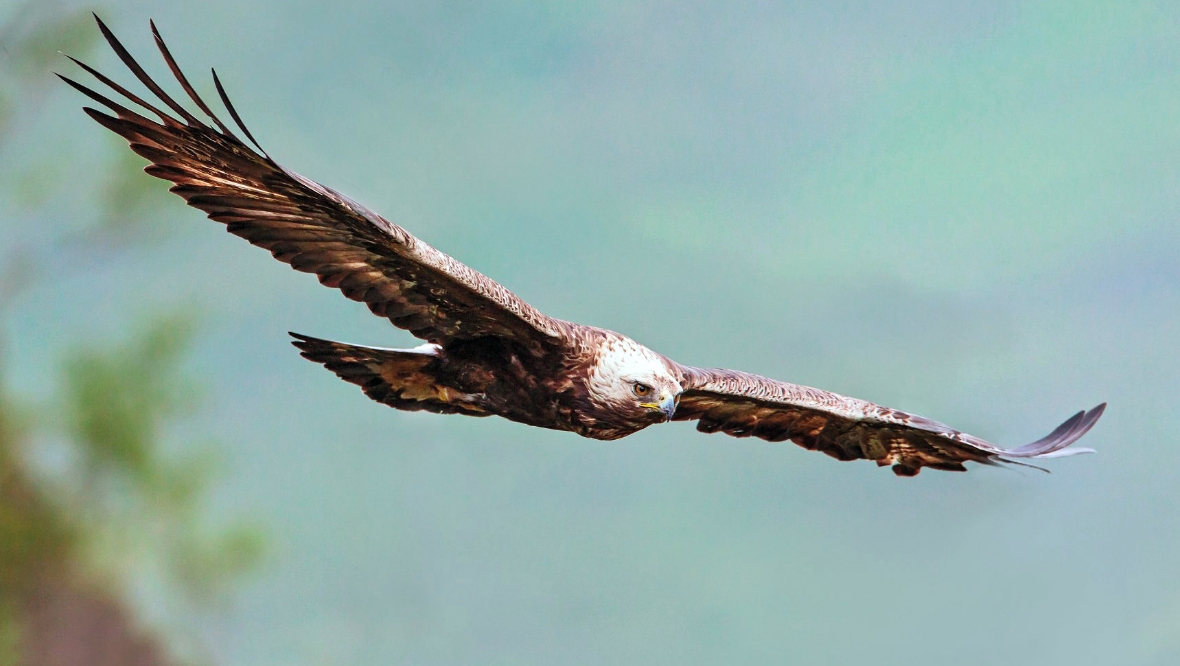 Supplied
Supplied
















